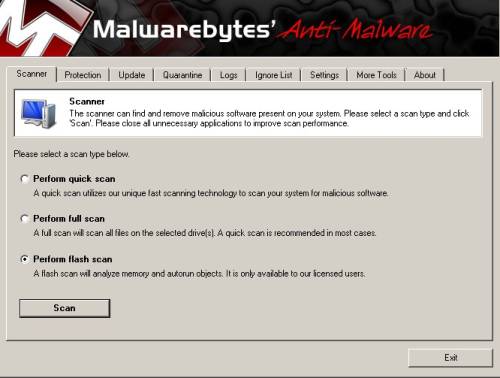

Today, the terms antivirus and anti-malware are often used interchangeably to refer to cybersecurity software that blocks viruses and other types of malware from computers and mobile devices. What's the difference between antivirus and anti-malware? Today, cybersecurity companies like Malwarebytes employ several different methods to detect, block, or remove malware from a device.

Early antivirus programs would compare software file signatures against a list of known viruses to see if they matched, and if so, block them. Originally, it was created to protect against computer viruses, but now it's more of a general term to describe software that uses a combination of advanced technologies to protect against a variety of threats, including ransomware, spyware, and even never-before-seen zero day attacks. Sure, both refer to cybersecurity software, but what do these terms actually mean? What is the difference between antivirus and anti-malware, and are they both still relevant in dealing with today's online threats? Let's take a deep dive into the world of cybersecurity semantics and unpack these terms.Īntivirus is software that is designed to detect, protect against, and remove malware on a computer or mobile device. At Malwarebytes, we're all for precision - especially when it comes to two commonly confused cybersecurity concepts that get used interchangeably: antivirus and anti-malware.


 0 kommentar(er)
0 kommentar(er)
